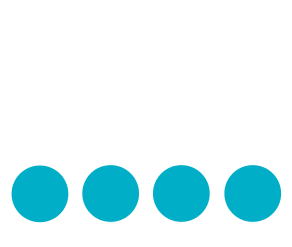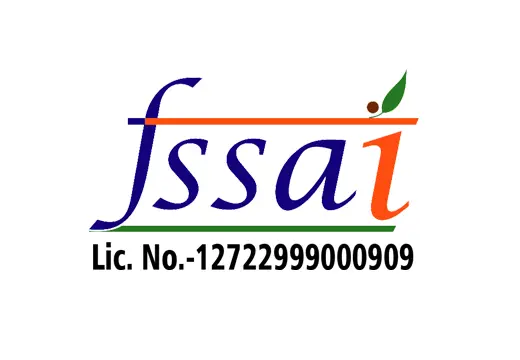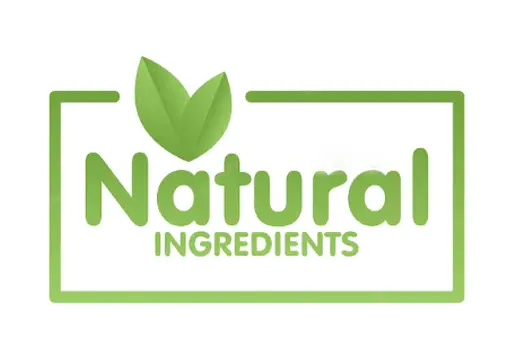Support for the Immune System
Beta-Glucan Background and Benefits
Beta-glucans are complex sugars called polysaccharides. They consist of simple sugars called D-glucose monomers linked by beta-glycosidic bonds. The most chemically active form of beta-glucans is known as B-1,3/1,6-glucan.
The most common dietary source of beta-glucan is baker's yeast, scientifically known as Saccharomyces cerevisiae. Bran of grains such as barley, oats, wheat and rye also contain beta-glucans. Beta-glucan is usually produced in commercial quantities by fermenting oat bran with baker's yeast. Some fungal species are also commercial sources of beta-glucan.
Beta-glucan is known as a biological response modifier because of its effect on the immune system. Some immune cells contain sites known as complement receptor 3 and dectin-1 receptors. These sites bind to beta-glucans, which can trigger an immune response. Some researchers believe that the frequency, length, and position of beta-glucan side chains is a more significant indicator of immune system activity than the structure of the molecular scaffold.
Some forms of beta-glucan are also a common component of soluble dietary fiber and texturizing agents. Other uses of beta-glucan include diagnosis of fungal infections, particularly in species of the genera Agaricus and Aspergillus genera.
Uses of beta-glucan
Beta-glucan supports the immune system, heart health, and digestive system.Signs of a possible need for beta-glucan.
A weakened immune system is the most common sign that you may need beta-glucan. A family history of cardiovascular disease may also indicate that beta-glucan is of benefit. Emotional and physical stress can also lower beta-glucan levels. Therefore, it is primarily athletes and people with stressful lifestyles who have low natural beta-glucan levels and need additional support.





